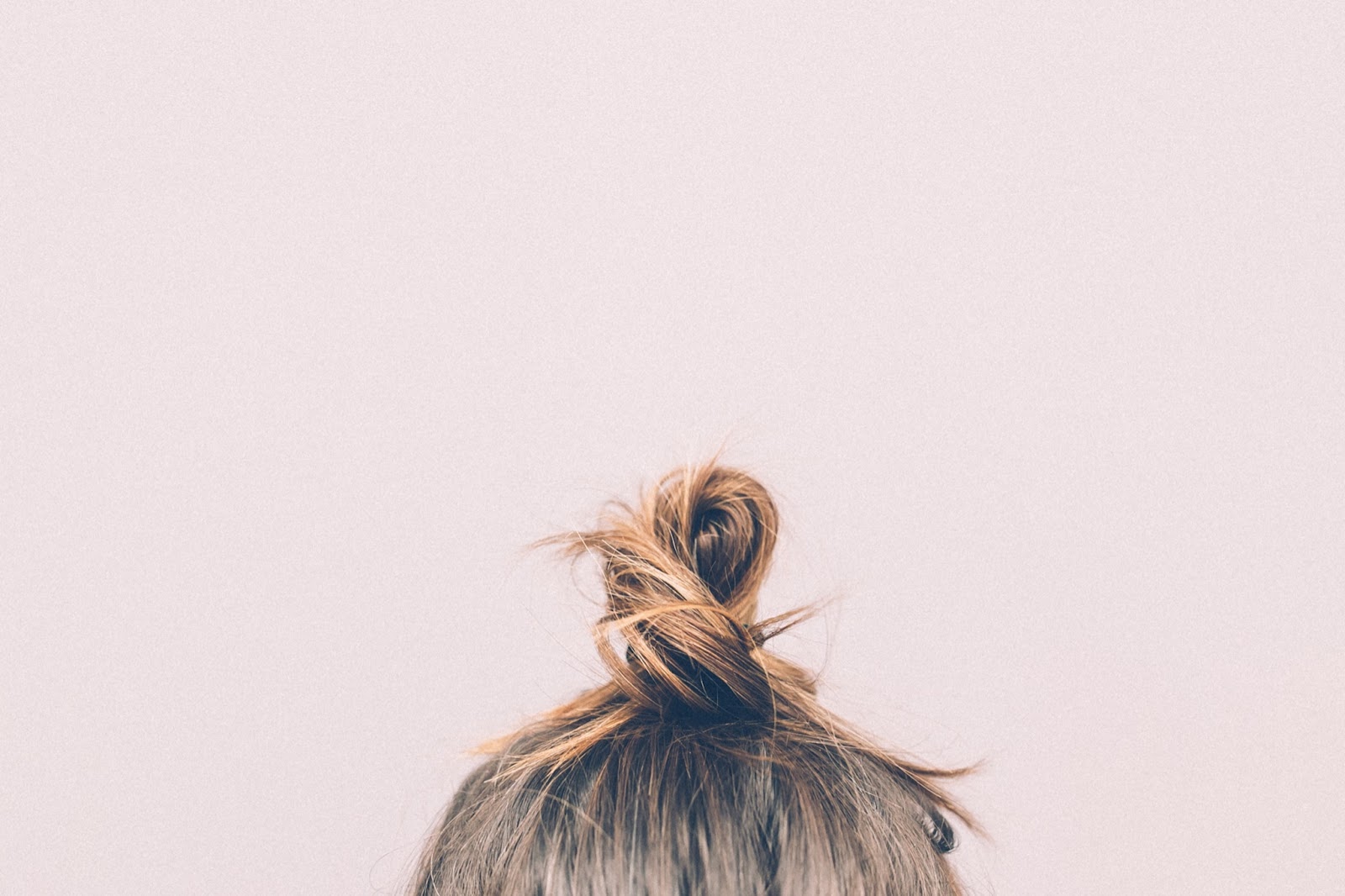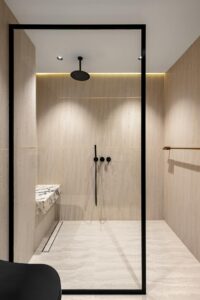Have you ever fallen asleep only to wake up with your hair tangled in knots? You’re not alone. Unfortunately, sleep can ruin your hairstyle and cause breakage that results in dry, frizzy, and damaged hair in the morning. Protecting your hair when you sleep is important because it can help you save time when getting ready in the morning and keep your hair healthy by preventing breakage and tangles. Here’s how you can protect your hair with good habits, hair loss products, and other tips to strengthen your hair at night and wake up with luscious locks.
Use a Silk Pillowcase
Sleeping on a silk pillowcase can prevent your hair from getting tangled and knotted. Silk is a gentle fabric that can prevent damage to your ends from pulling or friction due to tossing and turning.
Dry Your Hair
Many people like to shower before bed to save time in the morning. There’s nothing wrong with shampooing and washing before hitting the sheets. However, your hair is weak when it’s wet, so if you sleep on wet hair, you could easily break or damage your stands. Before you fall asleep, make sure your hair is dry to prevent unnecessary breakage.
Take Out Your Ponytail 
We’re all guilty of habits that can damage our hair, such as using hair dye, high-heat styling products, and putting our hair up in tight ponytails to get it out of our faces. Sleeping with a ponytail to keep hair out of your face at night might seem like a good idea because the oils from your hair can’t get onto your face. However, sleeping in a ponytail can damage your hair because of tension.
Sleeping with a ponytail puts tension in one spot of your hair all night long, which can rip hairs out and lead to damage and frizziness. Instead, sleep with your hair down, and if you must tie it up, try a low ponytail with a soft scrunchie.
Brush Your Hair
Brushing your hair before bed can get rid of tangles that can get worse while you sleep. Brushing before bed can reduce the intensity of knots in your hair to make brushing your hair in the morning easier. It will also help reduce the potential for breakage.
Use a Leave-In Conditioner
As we’ve mentioned, your hair should be dry when you hit the pillow. However, that doesn’t mean you can’t use a leave-in conditioner. If you tend to wake up with messy, frizzy hair that takes too much time to fix in the morning, you can try a leave-in conditioner that can help hydrate and nourish your hair while you sleep. The type of product you use will depend on your specific hair type. Curly hair or hair that’s dry may benefit from a hydrating leave-in conditioner, while oily hair might need a lighter formula.
Sleep with a Humidifier
Sleeping with a humidifier can help keep skin and hair moisturized while you sleep. Air conditioning in the summer takes moisture out of the air, while dry winter air and artificial heat can be even worse for hair. If you must sleep with the heat or air conditioning on, consider getting a humidifier to put moisture back into the air and your hair to keep it hydrated while you sleep.
Wear a Sleep Cap
Sleep caps are ideal for those with curly hair that can become frizzy at night. Sleep caps take a satin pillowcase one step further by keeping your strands in a cap all night to help them avoid friction from pillowcases. Sleep caps should be made of satin or silk for best results.
Try Supplements
Supplements designed to improve hair health can help you protect your hair at night by making your hair stronger. There are many supplements available that include collagen and biotin to improve hair and skin health. Unfortunately, during busy mornings, many people forget to take their vitamins, which results in half-used bottles sitting up in the cabinet until they expire. Taking your supplements at night may be easier to remember, especially after you build them into your nightly routine.
Apply Dry Shampoo
Your hair is weakest when it’s wet, so if you feel like you need to freshen up your hair, consider putting dry shampoo on your scalp instead of taking a shower before bed. Shampooing your hair too much can strip it of natural oils and lead to dry, brittle strands. Instead of getting your hair wet, clean and protect your hair with dry shampoo, which can help absorb oils your scalp produces while you sleep.
Remove Hair Products
Removing hair products, including pins and extensions, can help prevent breakage while you sleep. These accessories can get tangled in your hair, causing knots, breakage, and damage. Not to mention, it can be difficult to get a bobby pin out of tangled hair the next morning, resulting in more breakage. Your hair should be accessory-free and down when you go to bed. However, you can choose other comfortable hairstyles, such as a loose braid if you like to keep your hair off of you while you sleep.
Reduce Stress
Stress affects all aspects of your health, including your hair health. Stress can force your hair follicles into a resting state that prevents them from producing new strands, making your hair more likely to fall out or break under stress. Managing your stress can prevent hair loss and breakage while also helping you feel better to get the quality sleep your skin and hair need to stay healthy.
Eat a Healthy Dinner
What you eat can affect the health of your hair. If your hair isn’t getting enough nutrients, it can become dull and more prone to breakage. Eating a healthy dinner or healthy meals throughout the day gives your hair the nutrients it needs to stay healthy whether you’re awake or asleep.
Final Thoughts
Everything you do can affect your hair health. From blow-drying your hair every morning to sleeping with a tight ponytail, your actions affect how your hair looks. No matter what type of hair you have, taking care of your hair at night can help improve its health to look great as soon as you wake up, reducing how much time you need to get ready in the morning.


